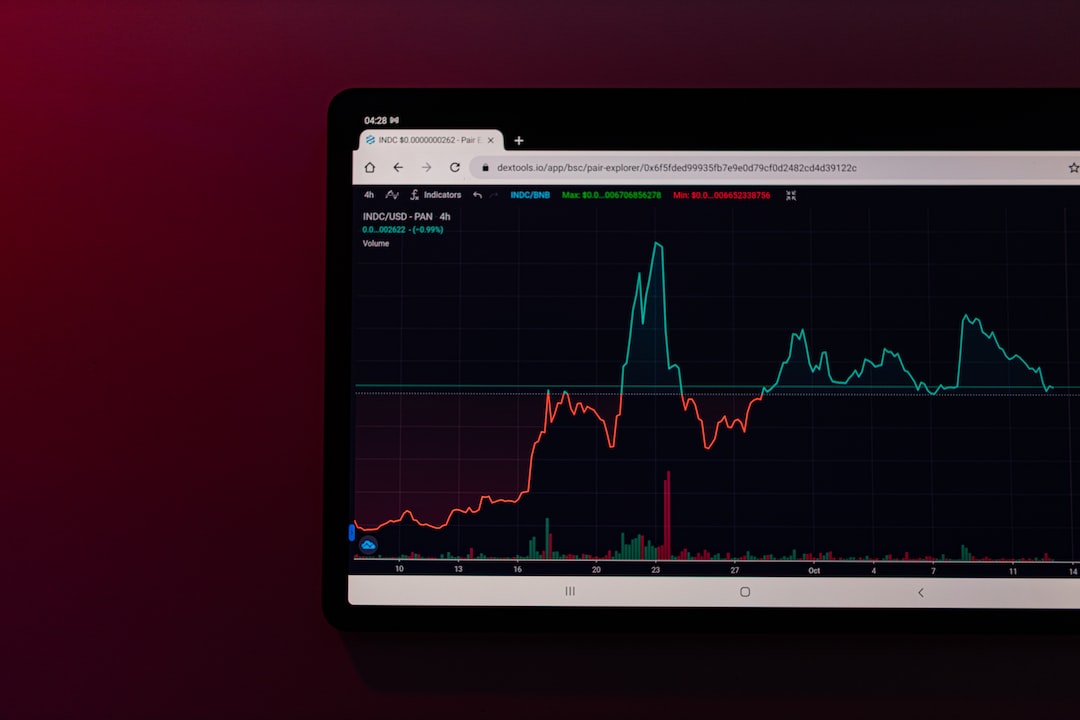Introduction
Have you ever wondered how different cryptocurrencies and blockchain ecosystems can communicate with each other? If you have, then you’re in luck! In this article, we will discuss Cosmos Coin’s interoperability and how it bridges the gap between different blockchain ecosystems. So, sit tight, and let’s dive into the world of interoperability!
What is Interoperability?
Let’s start by defining interoperability. It refers to the ability of different systems, in this case, blockchain networks, to interact and communicate with each other seamlessly. Just like how different languages have translation tools to help people from different cultures understand each other, blockchain ecosystems need interoperability protocols to ensure that they can understand and work with one another effectively.
The Challenge of Interoperability
With numerous blockchain ecosystems and cryptocurrencies emerging, there is an increasing need for them to connect and interoperate. However, achieving interoperability is not a simple task. Each blockchain has its own set of rules, smart contracts, and consensus mechanisms, making it difficult for them to understand and process transactions from other chains. This lack of compatibility inhibits the potential growth and adoption of cryptocurrencies.
Cosmos Coin’s Solution
This is where Cosmos Coin comes into play. Cosmos is a decentralized network of interconnected blockchains that aims to bridge the gap between different blockchain ecosystems through its unique interoperability protocol. Instead of creating a single massive blockchain, Cosmos enables independent chains to communicate with each other using its Hub and Zone architecture.
The Hub and Zone Architecture
Cosmos Hub acts as the main chain, securing and coordinating transactions between different interconnected zones. Each zone is an individual blockchain with its own set of rules and validators. These zones can be public or private, allowing for greater flexibility. The Hub uses the Inter-Blockchain Communication (IBC) protocol to facilitate secure and fast communication between zones.
The Inter-Blockchain Communication Protocol
The IBC protocol is the key to Cosmos’ interoperability strategy. It allows different blockchain networks to transfer tokens, execute contracts, and exchange data across the Cosmos Hub. The protocol ensures that all transactions are secure, verifiable, and transparent. With IBC, you can transfer your Bitcoin holdings to an Ethereum-based DeFi application seamlessly, without needing third-party intermediaries.
The Benefits of Interoperability
So, why is interoperability important for the crypto space? Well, here are a few key benefits:
1. Expanded Use Cases: Interoperability opens up a wide range of possibilities for developers and users. It enables the creation of cross-chain decentralized applications (DApps) and allows assets to be utilized across different blockchains, boosting their utility and value.
2. Liquidity and Efficiency: By enabling cross-chain transfers, interoperability increases liquidity and efficiency in the market. It removes the need for centralized exchanges and reduces transaction costs and settlement times.
3. Risk Mitigation: Interoperability reduces the risks associated with relying on a single blockchain ecosystem. If a particular chain experiences technical issues or becomes vulnerable to attacks, users can easily switch to another chain without losing their assets.
4. Collaboration and Innovation: Interoperability encourages collaboration among different blockchain communities. Developers can combine the strengths of multiple chains and foster innovation by building upon existing functionalities.
Conclusion
Blockchain interoperability is crucial for the growth and evolution of the cryptocurrency ecosystem. Cosmos Coin’s innovative approach to interoperability through the Hub and Zone architecture, along with the Inter-Blockchain Communication protocol, bridges the gap between different blockchain ecosystems, opening up new possibilities for developers and users alike.
FAQs
1. How does Cosmos Coin ensure the security of cross-chain transactions?
Cosmos Coin ensures the security of cross-chain transactions through its Hub and Zone architecture, utilizing validators and the Inter-Blockchain Communication (IBC) protocol. The IBC protocol ensures that all transactions are secure, verifiable, and transparent.
2. Can I transfer my assets from one blockchain to another using Cosmos Coin?
Yes, you can transfer assets from one blockchain to another using Cosmos Coin’s interoperability protocol. Whether it’s Bitcoin, Ethereum, or any other supported cryptocurrency, Cosmos Coin allows for seamless cross-chain transfers.
3. Does Cosmos Coin require any additional fees for cross-chain transactions?
Cosmos Coin’s interoperability protocol does not charge any additional fees for cross-chain transactions. However, there may still be network fees associated with the specific blockchain you are using.
4. Can Cosmos Coin be used to build decentralized applications (DApps) that span multiple blockchains?
Yes, Cosmos Coin enables the creation of cross-chain decentralized applications (DApps) through its interoperability protocol. Developers can leverage the strengths of multiple blockchains and build innovative DApps that span different ecosystems.
5. Is Cosmos Coin compatible with both public and private blockchains?
Yes, Cosmos Coin’s interoperability protocol supports both public and private blockchains. This flexibility allows for a wide range of use cases and ensures that different blockchain ecosystems can seamlessly communicate with one another.





 By
By
 By
By


 By
By
 By
By